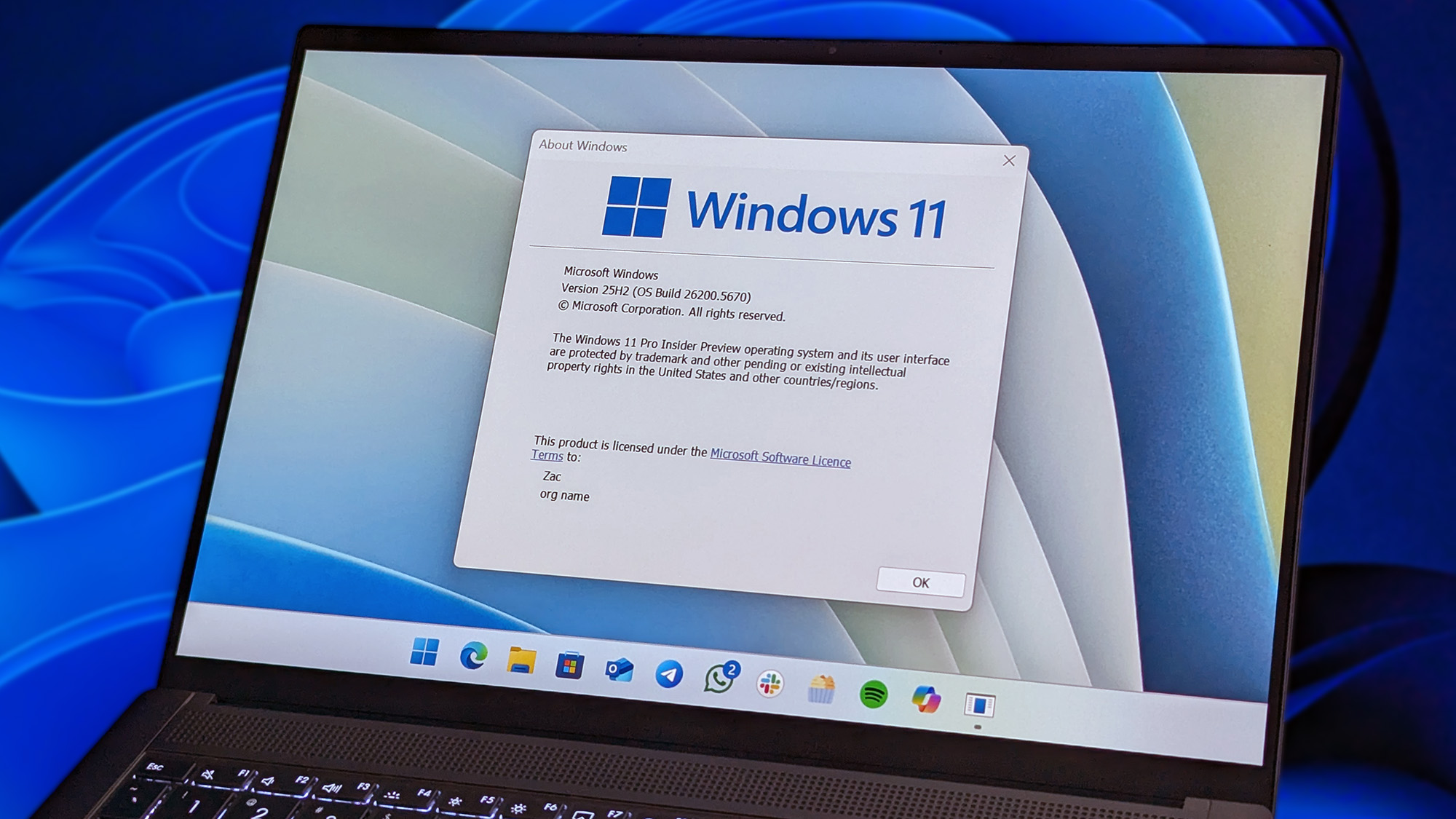Microsoft Edge improves performance with automatic disk cache compression
Microsoft Edge can now automatically compress disk caches to optimize performance.

All the latest news, reviews, and guides for Windows and Xbox diehards.
You are now subscribed
Your newsletter sign-up was successful
What you need to know
- Microsoft Edge can now automatically compress disk caches to improve performance.
- The new capability is available with Edge version 102 or later.
- Compression allows Edge to get the most out of cache usage without taking up too much disk space at any given moment.
Microsoft Edge's latest feature will help optimize the browser's performance without eating up system resources. Starting with Edge 102, the browser will automatically compress disk caches to improve performance and reduce disk footprint. Using too much disk space can worsen the browsing experience as well as bog down an entire system.
"When a browser uses too many resources, it not only impacts the browsing experience but can also slow down the entire system," explained Microsoft's Edge team in a blog post. "However, when it comes to performance optimizations, we often need to balance optimizing for the entire system, since optimizing for one resource can often come at a cost increasing the use of another resource."
Browsers store content from the web by using disk caches. This allows Edge and other apps to access information quickly. While browsers, including Edge, already moderate how much disk space they take up, compressing content allows for further optimization.
Microsoft noted that contents within caches are usually highly compressible. "Since the contents in these cache(s) are often highly compressible, compression results in increasing the likelihood that the requested resource can be fetched from the disk."
Edge will automatically compress disk caches on eligible systems. The browser has to check if a system is eligible to ensure that compression won't result in poor performance.
Microsoft Edge is the built-in browser on Windows 11 and Windows 10. It's powered by Chromium, which ensures its compatibility with the vast majority of the web. Starting with Edge 102, the browser will automatically compress disk caches to optimize performance.
All the latest news, reviews, and guides for Windows and Xbox diehards.

Sean Endicott is a news writer and apps editor for Windows Central with 11+ years of experience. A Nottingham Trent journalism graduate, Sean has covered the industry’s arc from the Lumia era to the launch of Windows 11 and generative AI. Having started at Thrifter, he uses his expertise in price tracking to help readers find genuine hardware value.
Beyond tech news, Sean is a UK sports media pioneer. In 2017, he became one of the first to stream via smartphone and is an expert in AP Capture systems. A tech-forward coach, he was named 2024 BAFA Youth Coach of the Year. He is focused on using technology—from AI to Clipchamp—to gain a practical edge.

